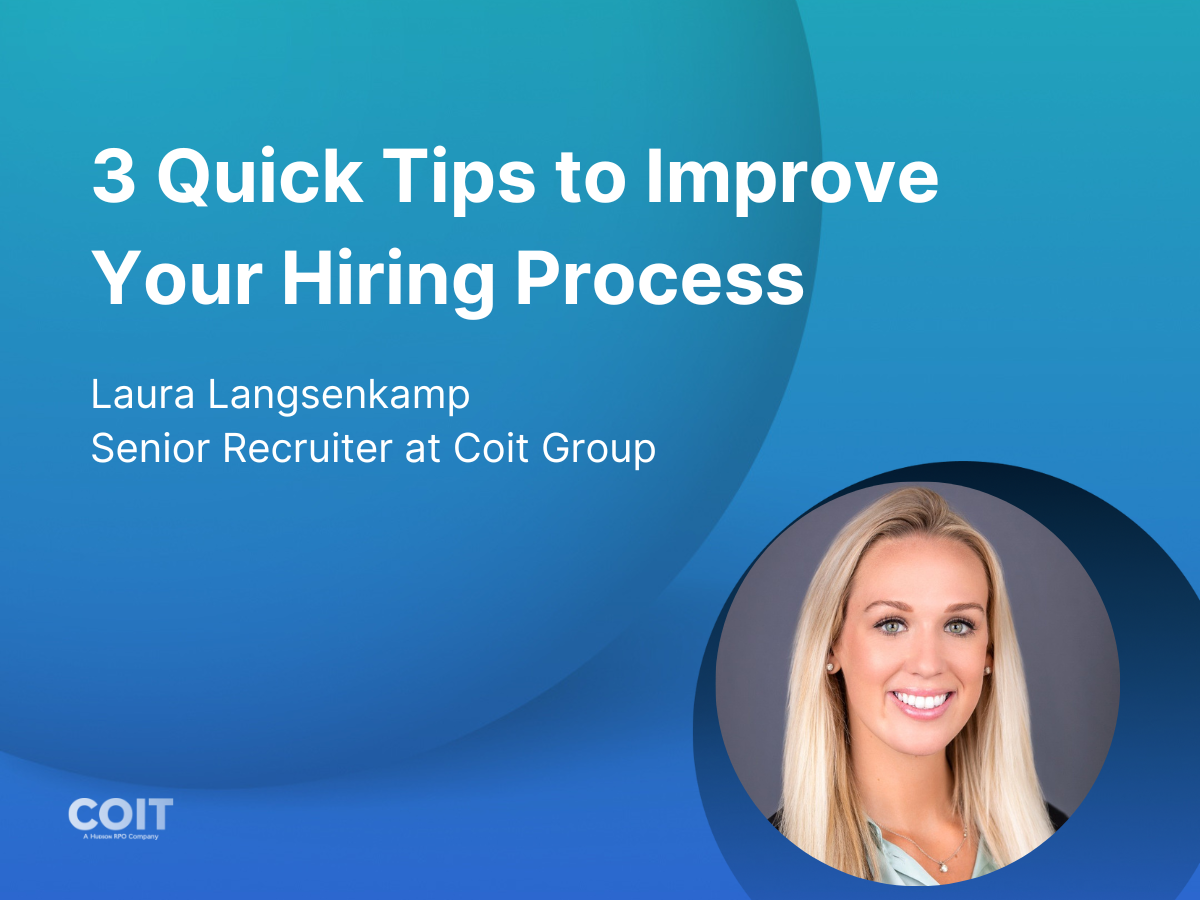Hiring is the single most important factor in the success of any organization, which makes how you hire an essential component in your overall business strategy.
In the tech industry, many companies rely on recruiting agencies or in-house models to meet their staffing needs. Recruitment process outsourcing (RPO) isn’t as widely known or utilized as it is in other sectors such as pharmaceuticals, manufacturing or professional services.
If you’re new to RPO recruiting, you may be curious if it’s right for you. What is it, why use it, and how much does it cost? Here’s some info to help demystify this specialized recruiting function.
What is recruitment process outsourcing (RPO)?
Much like it sounds, recruitment process outsourcing is outsourcing part or all of your recruiting process (efforts) to a third-party provider. It’s hiring a company to do the work for you, on behalf of your team. That provider is responsible for fulfilling your needs, and providing everything that it takes to get the job done: people, process, expertise, technology — everything. They work as an extension of your team, charge a flat monthly fee and fade away into the sunset when you no longer need them.
Should you outsource your recruiting?
When does outsourcing your recruiting make the most sense? Often midsize and enterprise companies rely on RPO, but that doesn’t mean recruitment process outsourcing isn’t a good fit for early-stage companies and startups. Here are some signs it may be time to outsource your hiring:
- You’re struggling to fill roles that require niche or hard-to-find talent.
- You don’t have the team, processes or technology you need to hire effectively.
- Hiring is taking too long.
- Your recruiting needs fluctuate and require flexibility and scalability.
- Paying per placement is no longer feasible, nor is building out your internal team.
Advantages to RPO recruitment process outsourcing
If you’re facing the above mentioned challenges, RPO may be the right fit for your team and company. Whether you’re currently relying solely on your in-house team, an agency or a mix of both, here are some benefits you stand to gain if you partner with an experienced tech RPO partner.
1. Specialized expertise
When you’re hiring specialized talent for tech, engineering, GTM or SaaS sales teams, you need specialized expertise. And experience. Someone who knows what you’re up against and how to achieve your goals.
Much like an agency, RPO provides industry-specific expertise and experience. But the benefit is you’re able to bring that experience and expertise in house for the benefit of your own team and company. At Coit, we’ve concentrated on tech for 20 years. We’re one of the few tech-focused RPO companies that knows how to do it well.
2. Better quality of hire
The more experienced and knowledgeable your recruiters, the better hires they’ll make for your team. With RPO, it’s important to understand you’re not hiring a contract recruiter. You’re bringing on one or more recruiters who have been carefully identified, vetted and trained to champion your company and work for you as if they were a part of your own internal team.
At Coit, we often say that we’re hiring for your company as if it were our own. This is absolutely true. We put our recruiters through the same intensive interview process we use for everyone on our team, with the same assessments, interviews, meetings with our CEOs and beyond. Our job is to hire and train the best people, so they can find and hire the people for you.
3. Flexibility and scalability
With the rapid pace of technology and changing business needs, it’s challenging to manage evolving recruiting needs wholly in house. Whether you rely on contract recruiters or recruiting agencies, it can be hit-or-miss with the quality of recruiting talent you’re able to secure and the sustainability of placement fees.
RPO recruiting solves these challenges for you by letting you scale your recruiting team up or down rapidly and effortlessly. If you need to sprint, your RPO provider will hire more recruiters to meet your needs. Need to downsize? Scale your RPO team down without severances or taking a hit to team morale. The RPO model evolves right alongside your business, making it cheaper than building out your own in-house team or relying on agencies.
4. Robust technology
Within the tech industry, in-house recruiting teams can often feel like their talent technology is a case of “cobbler’s children have no shoes.” You’re building groundbreaking technology, perhaps even AI technology, yet you’re managing candidates with a spreadsheet, by email or wholly through manual processes. You don’t spend $2 million on a talent tech stack, because why would you?
You don’t have the business case for it. But RPO providers do. A robust talent tech stack drives all of the outcomes employers are hoping for: faster time to hire, better and more diverse candidates, process optimization and efficiency, better ROI. When you partner with an agency, all of the technology they use is inaccessible to you. But with RPO, your recruiters bring all of that technology in-house for the benefit of your team.
5. Cost savings
Hiring great engineering, GTM or tech sales teams isn’t cheap. And if you’re paying a placement fee for every single hire, the numbers really add up. If you choose to hire internally instead, you have the expenses of overhead: salaries, benefits, equipment, technology, and more. How much could you save with RPO’s monthly fee structure? Depending on your structure, you could easily save 30-50% compared to agency fees.
Improving your recruiting with RPO
RPO is on the rise, becoming more popular as companies look to cut costs without compromising speed or quality. When vetting RPO providers, you’ll want to look at their client roster and track record. Who are they working with? What have they achieved? How do they plan to solve your challenges and meet your needs? If you’re curious to better understand what RPO is and how it can benefit you, contact us here.
This post was written by Una Karanovic, Director, People & Operations at Coit Group.
Newsletter
Blog Categories
Recent Posts

[Tech x Talent Dashboard] It’s time to change DEI metrics and tactics

3 Quick Tips to Improve Your Hiring Process

Beyond the Checkbox: DEI in 2024 and Beyond

The Unexpected Secret to Effective Rapid Response Hiring




